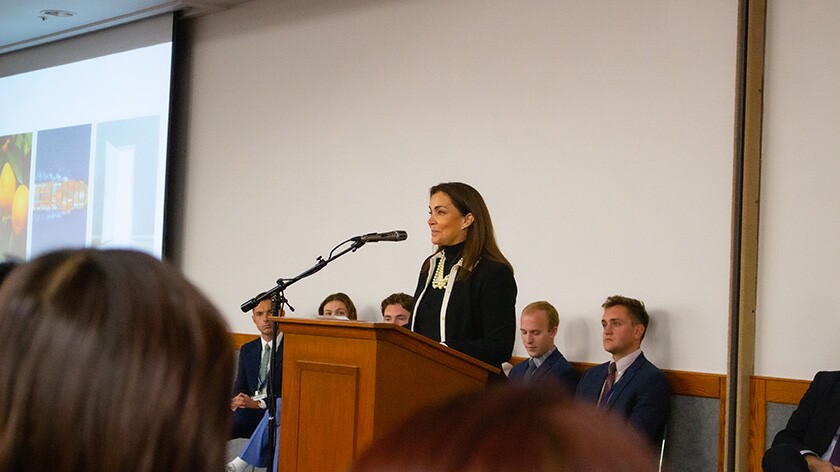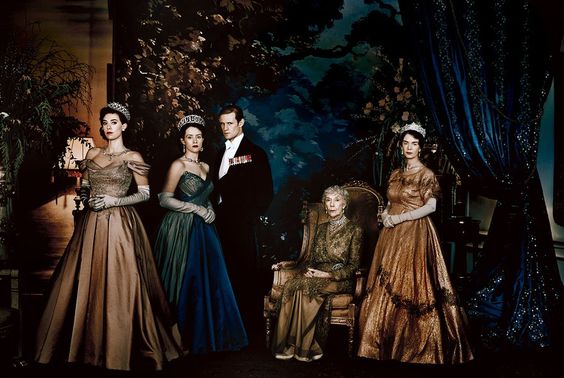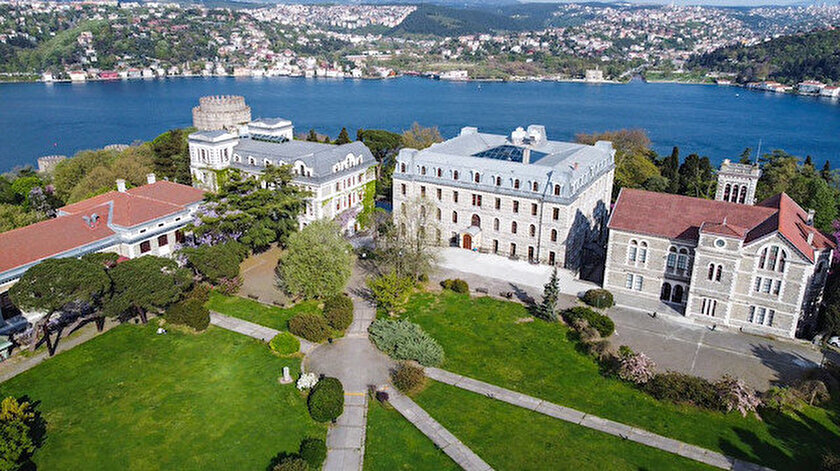
102 Years of MUNs

Though MUN is initially seen as a way of initiating the youth into diplomacy and global politics, it is far more than that. It is not hard to understand why we have people who do it with passion for years: You learn to navigate through real politics while maintaining the discipline to provide a leisure environment, getting to know hundreds of people who come from every possible background you can imagine. It is effectively a passing block for the academically successful to socialize themselves, which explains why it holds importance in an academically rigid environment like Turkey, which is devoid of social interaction.
As with most other educational trends, we’ve started doing MUNs far later than our international counterparts. The roots of today's MUN organizations lie in the first diplomacy simulations run by the University of Oxford in 1921. Initially a small and niche activity, MUN has grown to be referenced in pop culture and is now a cornerstone of extracurricular activity on a global scale.
The passing years, however, do not mean MUN has attained its final form and that we should be content with what it is. On the contrary, with the spread of MUNs to high schools and gaining popularity – especially in the US- the form of MUN has more or less stayed rigid and the structure has stayed similar throughout the years. The reason lies in several reasons: prejudice towards new forms – as there would be in any other subject - and the reliance on experienced organization members to organize events -which makes it impossible for them to debate and embrace newer forms without immense effort. These hardships aside, we should first look at what these reforms could be to see why they would be so hard to put in place.
To discuss the problems of MUN, we must first decide on what its aim is. Whether it’s leisure, discipline, learning, or something else. We contend it’s a mixture of all said qualities. It’s then important to figure what are the biggest problems in maintaining high standards in this heterogeneous mixture.
Some may say that procedural training is the biggest issue, which is fair. Delegate quality has been falling at a steady rate. The problem may also be caused by another source. Most of the MUNs in Turkey claim to have HarvardMUN procedures although hardly any MUNs truly apply HarvardMUN procedural discipline at this point- the document is most of the time nowhere to be seen. The other problem is that the HMUN procedure has gaps that can be filled in any way one can imagine. Due to not having a common ground to which one can subject the delegates, confusion starts from the ambiguity in the core of MUN itself: The procedure. The first step to a better MUN experience in its second century lies in making concrete procedural rules to follow for every conference so that there is a reference point to take into consideration.
The traditional way of choosing staff members is one such gap. Like it or not, a level of trust that is only attainable by friendship at the least is required for an academic position. Nobody in their right mind would put somebody responsible for a few dozen people if they don’t trust them to be compliant and civil. This, however, makes the MUN Academia stagnant. A bubble within which only a few people are initiated is formed. This breeds elitism and a slowdown in training newer academic staff. This, in my opinion, has been, and is, the biggest problem in Turkish MUN. There is an effort to be neutral to be sure. The interviews being done more or less succeed in ensuring that the applicant has enough experience, yet there is no comprehensive effort to train newer Academia members, regardless of their schools or prior experience. We will surely start the rise of inter-school MUN organizations as Turkish MUN develops in its natural course, but it is a sorry sight to see academia members who haven’t been assisted in learning chairing or even USG’s who descend into writing their guides with artificial intelligence as they haven’t been trained properly.
We observe that another widespread problem in contemporary MUN is time constraints. MUNs require a high level of knowledge in the fields they are present in, high school students can hardly be expected to know politics in an age where the education system is humbly successful at best.
The simple solution lies in increasing university participation, and setting higher standards for the newer delegates to look upon. The underlying problem is that most university students don’t like to spend 4 days studying and researching for leisure. Let us take closing ceremonies, for example. Long speeches and long-winded lists of thanks- the most hated part of any conference. We’ve seen these ceremonies get shorter and shorter in recent MUNs as the delegates showed their reaction to the superfluousness of these turtle-paced gatherings, which are impossible to bear- especially in summer conferences. It might be said that closing ceremonies provide the delegates with a way to celebrate their toil and consider what they’ve achieved in the MUN, yet it is hardly that. It’s funny how you can hear the same speeches again and again about how it was the best committee a chair had seen or that the speech will be short – when it’s not- or thanking a long list of names that takes minutes to go through, about people whom the delegates don’t care about in the slightest. The academia surely has the right to speak after putting their blood and sweat into building the conference, but it must not be forgotten that the academia doesn’t pay a penny if they are invited -and it’s a fair retribution for their sacrifice but they should be reminded that they serve to educate the public and observe the discipline which they subject the delegates to. In effect, MUNs should be a means to instill the ideals held high by the MUN, not be a breeding ground of ego and a habitat for gossip, which is unfortunately what it has become in many circles, even if we have 100 years of experience behind us.





